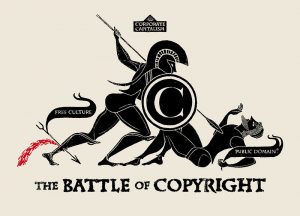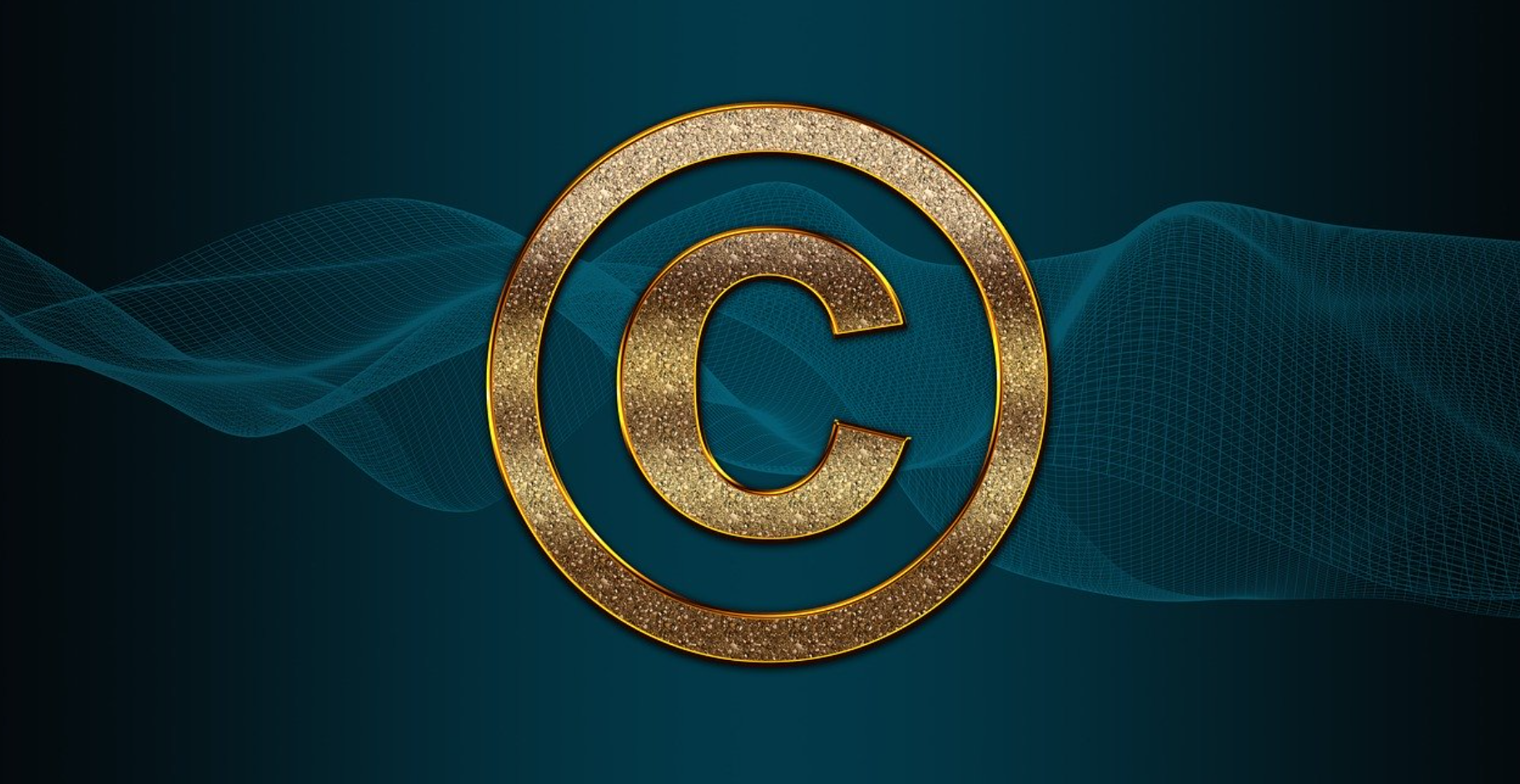Simply put, you cannot patent a shovel only because you are applying it to shovel grains in place of dirt.
Almost all custom software creators are curious about securing their intellectual property, and with good reason – the choice of whether to copyright or patent your software is the most effective one.
The method can be expensive and lengthy, and since most entrepreneurs have to be tactical about the way they spend their currency, a rejected app can be disturbing. Conversely, shielding your intellectual property can be incredibly profitable.
Collecting data from software development companies who have been inspecting the issue is the right step; therefore, they can include some of the critical things they have learned during working with established businesses and entrepreneurs in their job of patenting software. Keep in mind that this blog in no way constitutes legal advice and a discussion with patent lawyers should be an element of your arrangement.
Software Patents versus Software Copyrights
Let us start by expounding on the difference linking software copyright and a software patent. Both are significant when it appears to secure the intellectual property of software, but all serve a different purpose.
Copyright denotes the idiom of thought, not the theory itself. In other terms, copyrights are functional for artistic jobs through to authorship. To be distinct, copyrights are inbuilt and become useful as soon as you complete your task. You instantly own the right to manage who is allowed to copy your work, but that doesn’t show that someone else cannot recreate your work. Copyrights safeguard the “original mechanism of administration,” which in software approaches the codes itself. This signifies that if a developer had worked on your job, then released the same systems later, it might be a copyright breach.

On the other hand, a patent is limited-time protection concerned with an idea or creation. Unlike copyright, these aren’t inbuilt and must be executed for and settled by the United States Patent Bureau to be imposed. Patents last more than 15-20 years, and rely on the structure as either a utility or a design patent. In the United States, a creation must meet the following criteria to be entitled to patents:
- It has been functional, meaning it has business applications
- It is innovative and does not exist already
- It cannot be noticeable
- It has been patentable focus matter
A patentable subject matter in the United States includes machines, processes, and articles of manufacture, and chemical compositions; however, as the society has changed, so has their arrangement of patentable measures. Intellectual property is no longer limited to physical creations, and now involves new types of DNA, plants, computer software, and added complex groups.
Most frequently, small businesses and entrepreneurs with whom they work are seeking to combine pre-existing technologies and components to solve a task. While that sort of solution might not exist, innovation isn’t patentable. Simply put, you cannot patent a shovel only because you are applying it to shovel grains in place of dirt.
Conclusion
If you see that getting patents does have sense, find a good patent lawyer who is known for working with software apps. Most patent app rejections come because of the inability to define a creation’s uniqueness or the worth it gives. This can cause your app to get rejected, or if a patent is accepted, you may have to tussle to enforce it due to its ambiguous nature. Find an agent and attorney who can assist you in authoring the patent application with decisive protection in mind. In the instance of software, indecision is usually a suggestion that inspecting a patent is worth your time. Your custom software development company can provide preliminary management, but af for the potentially irresistible benefits of copyright, don’t be uncertain about conferring with a patent lawyer.


Join the conversation!